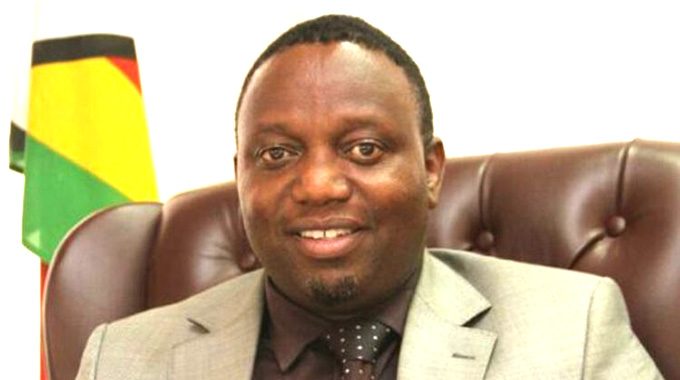First Lady ready to support the vulnerable

Tendai Rupapa Senior Reporter
Vice president of the Organisation of African First Ladies for Development (OAFLAD), First Lady Auxillia Mnangagwa, says she is committed to providing advocacy on behalf of vulnerable groups, including women and children, who bear the brunt of poverty and social marginalisation.
She reiterated her resolve to intensify efforts in addressing issues like child marriages, teen pregnancies and high school dropout rates, which she said were of concern.
Amai Mnangagwa, who last year launched the “Free to Shine Campaign for Zimbabwe”, an initiative under OAFLAD whose thrust is to end childhood HIV/Aids in Africa and keep mothers healthy, said this was a collective responsibility for Zimbabweans to work towards the realisation of a new generation of children free of HIV.
The First Lady made the remarks yesterday in a speech read on her behalf by Family Health director in the Ministry of Health and Child Care, Dr Bernard Madzima at a stakeholders meeting to validate the contents of draft documents produced by the Ministry of Health in conjunction with UNAids and other stakeholders.
She said it was important for her office to be guided by a strategy that was aligned to the African Union’s Agenda 2063 and to the strategy for OAFLAD, 2019-2023, as she implements all her activities in support of women, children and other vulnerable members of society.
“I am deeply humbled and honoured that I was recently elected as vice president of the Organisation of African First Ladies for Development (OAFLAD). In my new position and in order that I lead by example, it is imperative that I have a strategy to guide the implementation of programmes under my office, and to come up with activities that would address issues around health, HIV and development more broadly.
“As African First Ladies, we do not only work towards ending the Aids epidemic on our continent, but we also wish to address issues of women and children, gender equality, women and youth empowerment, marginalised populations including people with disabilities, tackling issues of non-communicable diseases such as cancers to name, but a few,” she said.
Amai Mnangagwa said working collectively towards the realisation of a new generation of children free of HIV was possible as the Ministry of Health had services available including anti-retroviral medicines that could be administered to HIV positive women and men, to prevent transmission to the baby.
“As a country, we also wish to have our children protected from mother-to-child transmission of syphilis. As such, we should also focus on tackling syphilis in pregnant women, a sexually transmitted infection which can be treated easily with penicillin injections,” the First Lady said.
The “Free to Shine” campaign looks at issues of adolescent girls and young women, and on the engagement of men around HIV prevention, care and treatment.
“I want to let you all know that I am deeply committed to supporting resource mobilisation efforts at the national, continental and global levels. As you are aware, I am the founder of Angel of Hope Foundation, through which I have been doing a lot of charitable work including scaling up awareness and screening for cervical cancer, as well as championing issues of the girl child and the marginalised communities,” she said.
In an interview on the sidelines of the stakeholders meeting, Dr Angela Mushavi, the National PMTCT and Paediatric HIV Care and Treatment Coordinator in the Ministry of Health and Child Care said the work being done by the First Lady was critical and needed to be supported.
“When we look at her work, it is critical because she is not only focusing on health, but also focusing on development.
“Therefore, that is why with support from UNAIDS, we have a consultant who has worked to develop a strategy for the engagement of the office of the First Lady and also to develop the Free to Shine campaign implementation plan,” Dr Mushavi said.
“As we witness the work she is doing, she is key in supporting the work that Government is doing. She is key in supporting even some of the regional and global initiatives. We are talking about having people knowing their status and having them on treatment.
“We need advocacy for it to become a reality and high level advocacy from the office of the First Lady is particularly important in helping us achieve our targets.”
Dr Mushavi said the First Lady’s work was not just for health, but she touched on the social welfare aspect where she was working with people with disabilities, orphans and vulnerable children.
She added that the First Lady’s work was in support of the development efforts of the country.
“So the strategy is a broader one. It is not just focusing on health. Even in today’s meeting, we had people from the Ministry of Higher and Tertiary Education, Innovation, Science and Technology Development, the Ministry of Primary and Secondary Education and the Ministry of Women’s Affairs, Community, Small and Medium Enterprises Development.”










Comments